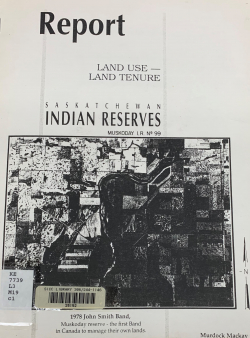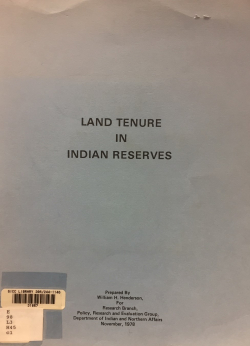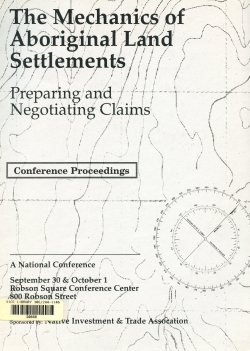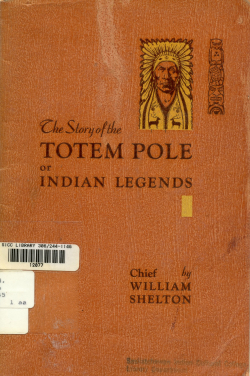We are here : politics of Aboriginal land tenure

Type
Book
Authors
Edwin N. Wilmsen ( Wilmsen, Edwin N. )
ISBN 10
0520063007
ISBN 13
9780520063006
Category
General Library Collection
[ Browse Items ]
Publication Year
1989
Publisher
Pages
210
Subject
Indigenous peoples -- Land tenure
Tags
Indigenous peoples -- Land tenure -- Canada, Indigenous peoples -- Land tenure -- Australia, Aboriginal Australians -- Land tenure, Indigenous peoples -- Land tenure -- Africa, Indigenous peoples -- Land tenure, Indigenous peoples -- Canada -- Claims, Indigenous peoples -- Australia -- Claims, Aboriginal Australians -- Claims, Indigenous peoples -- Africa -- Claims, Indigenous peoples -- Claims, Indigenous peoples -- Government relations, Indigenous peoples -- Politics and government, Cree -- James Bay Region -- Government relations, Cree -- Government relations, Cree -- Land tenure, Cree -- James Bay Region, Indigenous peoples -- Legal status laws etc., Indigenous self-government -- Canada, Indigenous self-government, Indigenous title, Sovereignty, Ethnology
Abstract
"Of all the earth's inhabitants, only those peoples called foragers or hunter-gatherers, in the language of those who write about them, are said to have no institutions of land tenure. Anthropologists have become actively involved in crucial questions regarding the rights of these peoples in their native lands. The perception of foraging peoples as the lowest level of humankind is European in origin. The dichotomy that appears to exist between husbandmen and foragers is a construct of European culture, and so are the legal systems introduced and subsequently institutionalized in the nations under discussion. This collection of original essays addresses the issue of aboriginal relations to land, on the basis of the kind of investigation and interpretation that only anthropologists can provide.
The foraging way of life has been thought, by Europeans, to require such a high degree of mobility that permanent relations of persons to land could not have been developed. In contrast, farming peoples are generally recognized in European legal systems to have indigenous institutions of tenure. Although the validity of the latter's claims to the land in modern nation states may be argued, the institutional basis for raising such claims is not usually questioned. The rights of peoples who were until recently foragers have to be established in different terms, and these essays focus attention on the aboriginality rather than the mobility of formerly foraging peoples. Each author writes on the commensurability of different tenure systems, addressing issues of aboriginal relations to land in both indigenous and current legal terms.
One important function of these essays is to show how anthropological interpretations can be compatible-with, and indeed expand, the criteria of present-day law. While furthering our understanding of the basis for aboriginal land claims in Canada, Australia, and southern Africa, the authors also demonstrate concern with the nature of ethnographic work and anthropological theory, and the uses that might be made of both."--Book jacket.
The foraging way of life has been thought, by Europeans, to require such a high degree of mobility that permanent relations of persons to land could not have been developed. In contrast, farming peoples are generally recognized in European legal systems to have indigenous institutions of tenure. Although the validity of the latter's claims to the land in modern nation states may be argued, the institutional basis for raising such claims is not usually questioned. The rights of peoples who were until recently foragers have to be established in different terms, and these essays focus attention on the aboriginality rather than the mobility of formerly foraging peoples. Each author writes on the commensurability of different tenure systems, addressing issues of aboriginal relations to land in both indigenous and current legal terms.
One important function of these essays is to show how anthropological interpretations can be compatible-with, and indeed expand, the criteria of present-day law. While furthering our understanding of the basis for aboriginal land claims in Canada, Australia, and southern Africa, the authors also demonstrate concern with the nature of ethnographic work and anthropological theory, and the uses that might be made of both."--Book jacket.
Number of Copies
1
| Library | Accession No | Call No | Copy No | Edition | Location | Availability |
|---|---|---|---|---|---|---|
| Main | 16135 | GN449.3.W4 | 1 | Yes |




